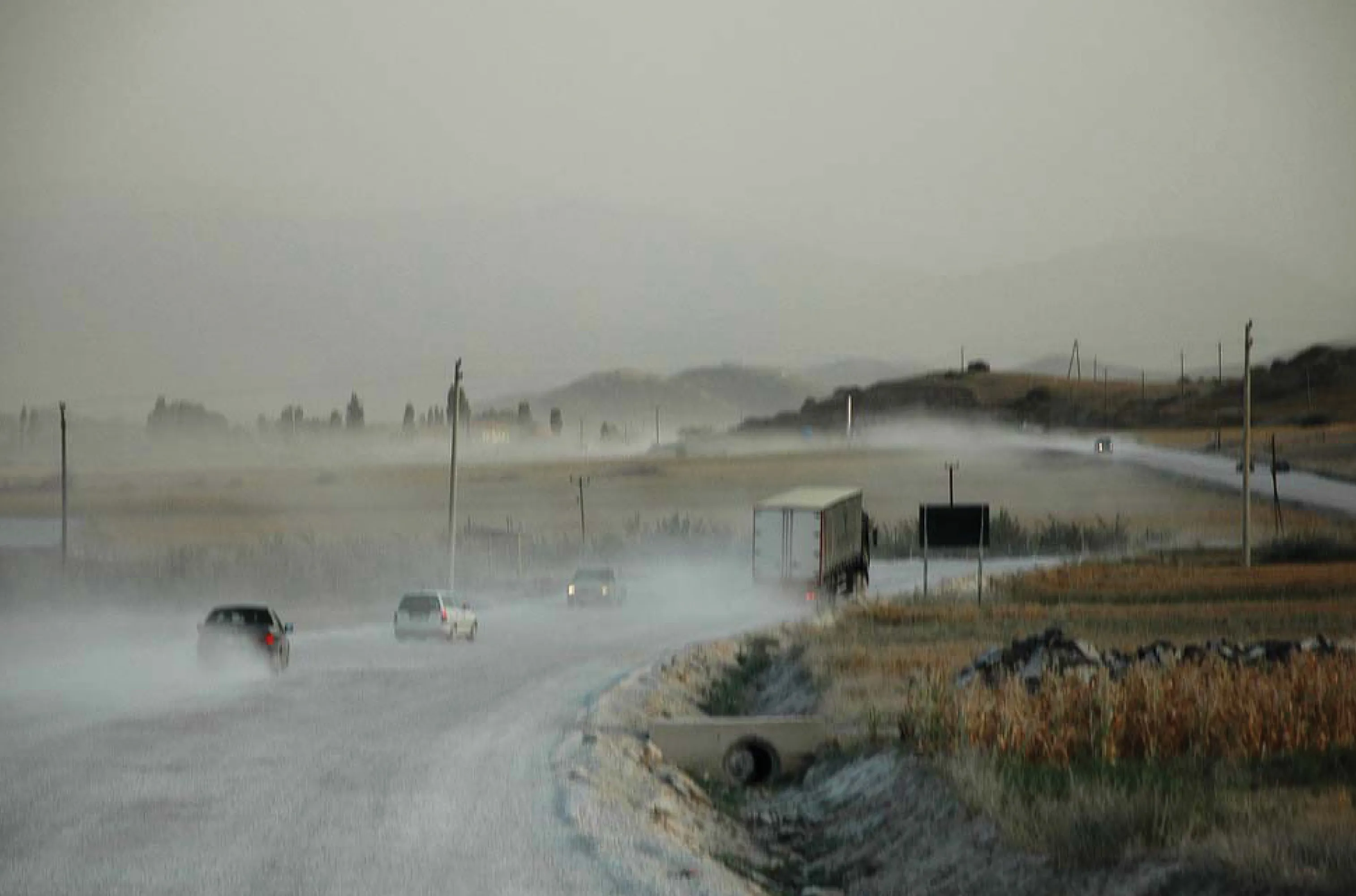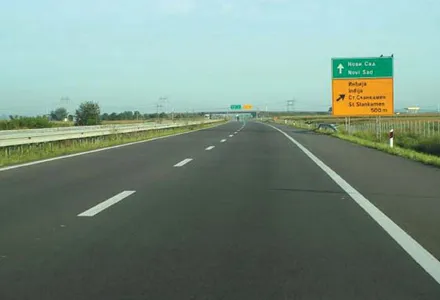The European Bank for Reconstruction and Development (EBRD) is providing major funding in Albania’s road network. A loan worth €53 million will help pay for the construction of the new Fier and Vlore bypasses. This loan will aid further development of the Albanian road network and boosting economic integration in the country by co-financing the construction of the two bypass roads, located in south-western Albania. The EBRD loan is structured in two tranches and will be used by the Albanian Road Authority t
March 22, 2012
Read time: 1 min

The






